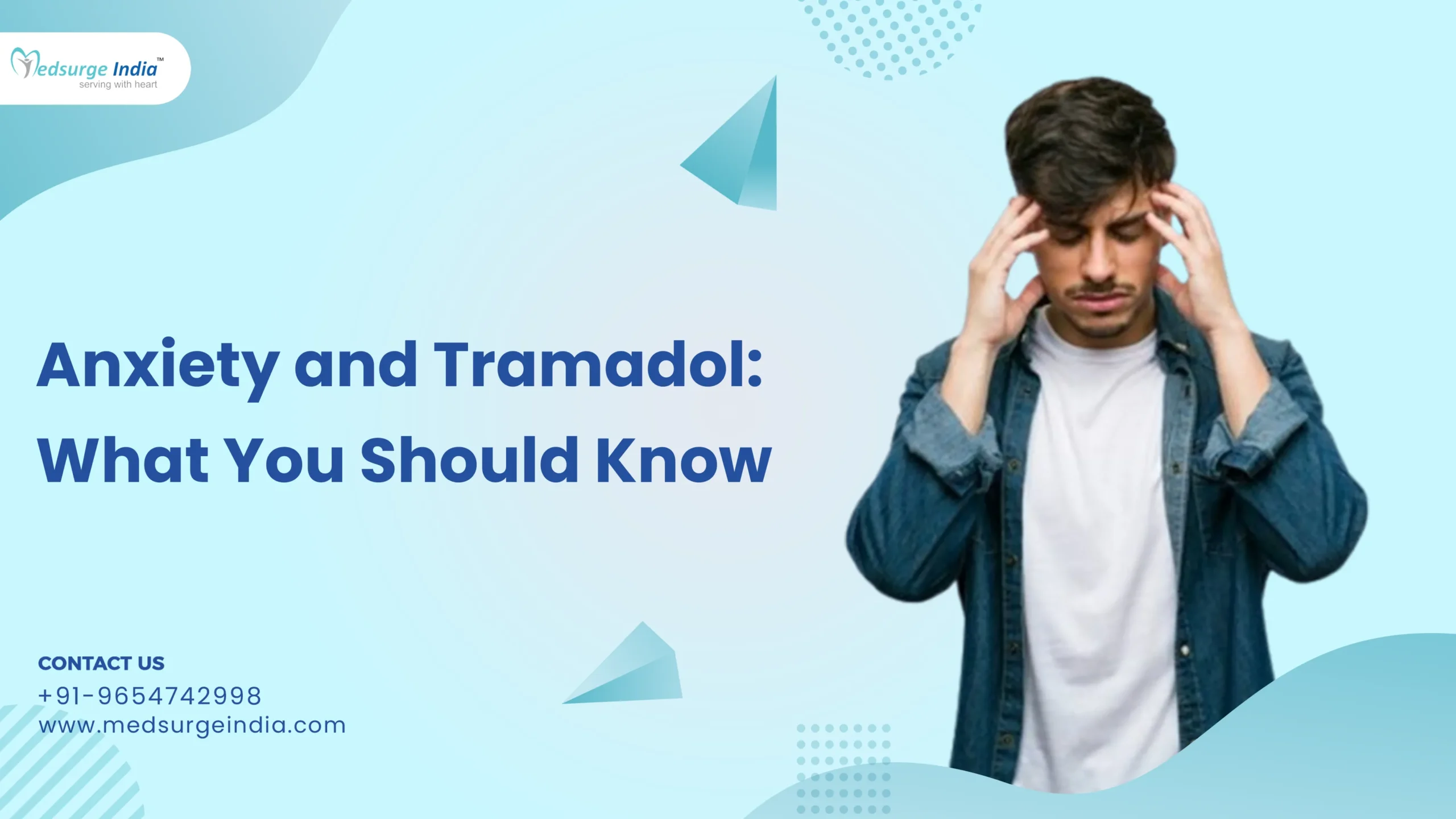
Anxiety is a widespread mental health disorder that impacts countless individuals across the globe and a recent study reveals that anxiety has a global impact, affecting a staggering 275 million individuals worldwide. The prevalence of this condition varies between 2.5% and 6.5% across different nations, collectively accounting for approximately 4% of the global population. Disturbingly, in the year 2020, the rates of depression and anxiety surged by over 25% on a global scale. Furthermore, it is noteworthy that females constitute around 62% of the total number of individuals grappling with anxiety and depression, surpassing their male counterparts.
It can lead to sensations of fear, concern, and unease which affects multiple aspects of an individual’s daily life. In today’s fast-paced and demanding world, anxiety has become even more prevalent than ever before. While there are numerous treatment options available for individuals with anxiety, one medication that has granted attention is Tramadol.
Recognizing and effectively managing the conditions necessitates an understanding of the signs of anxiety. Irritability, restlessness, muscle tension, sleep disturbance, and difficulting in concentrating are among some of the most common symptoms of anxiety. Furthermore, anxiety can manifest in various forms, ranging from generalized anxiety to specific phobias in an individual. If you or your loved ones experience persistent anxiety symptoms that interfere with daily life, it is crucial to seek professional assistance.
In this blog, we will explore the connection between tramadol and anxiety, examining its possible advantages, drawbacks, and significant factors to consider.
How To Treat Anxiety With Tramadol?
Tramadol is a prescription pain medication and is frequently prescribed for the management of moderate to severe pain. Although its primary use is not for anxiety treatment, there have been instances where it has shown efficacy in alleviating anxiety symptoms. The mechanism of action of Tramadol involves the inhibition of pain signals in the brain that results in a calming effect on the body.
However, it is very crucial to emphasize that Tramadol should never be utilized for anxiety treatment without seeking advice and guidance from professional healthcare. The evaluation of potential benefits and risks associated with taking Tramadol for anxiety should be conducted by a trained professional who can provide an accurate diagnosis and develop an appropriate therapeutic plan.
Is Tramadol Effective in Treating Anxiety/Depression?
Although tramadol is primarily recognized as a pain reliever, certain researchers have investigated its potential to ease symptoms of anxiety and depression. While it may provide some relief, it is crucial to acknowledge that it is not the initial treatment option for these conditions. It is advisable to consult your general practitioner regarding alternative medications and therapies that are specifically tailored to tackle anxiety and depression.
What Is the Duration of Tramadol Use for Anxiety?
Tramadol’s effects might persist for a variety of lengths of time, but generally, they last for four to six hours. The length of time that it relieves anxiety may also be restricted, so it’s important to speak with a healthcare provider about the right dosage regimen.
Is Tramadol Used for Anxiety or Pain?
The main reason for prescribing tramadol is to treat pain. It should not be viewed as a long-term treatment for anxiety or depression, even though it might offer some people momentary respite from anxiety.
When Is It Best To Avoid Tramadol?
In some circumstances, such as if you have a history of substance misuse, if you are taking any other medications that may interact badly with tramadol, or if you suffer from a seizure disease, you should not take tramadol. Before beginning any new drug, always get advice from your healthcare professional.
Also Read: Possible Causes of Anxiety Following a Meal
Bottom Line
To summarize, although Tramadol may prove to be beneficial in alleviating anxiety symptoms, it is not recommended as the initial course of treatment. It is important to seek guidance from a healthcare expert to ascertain whether Tramadol is suitable for your condition and to consider alternative anxiety treatment options. By comprehending the connections between anxiety and Tramadol, You can make well-informed decisions regarding your mental well-being.



 (1).png)